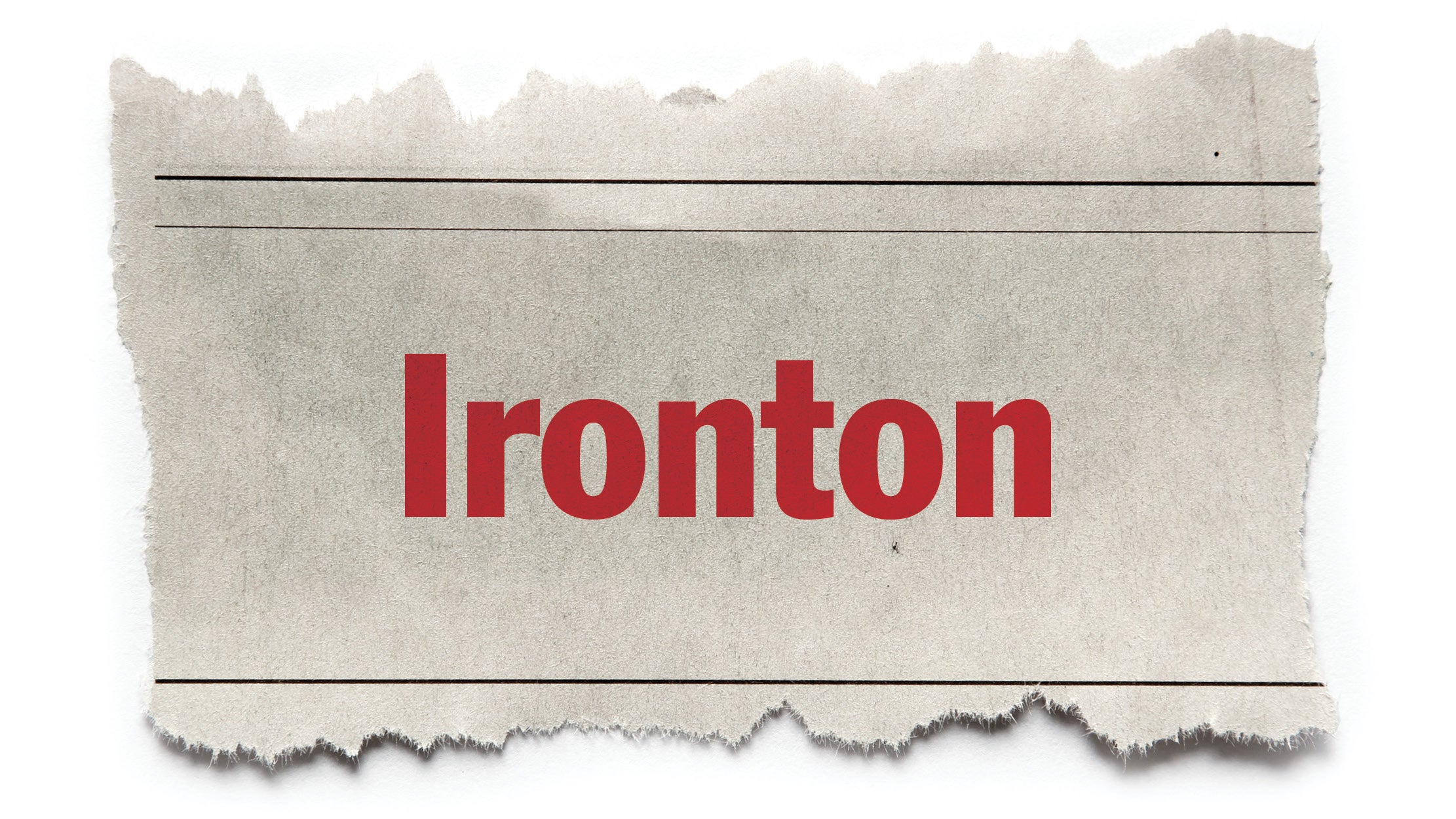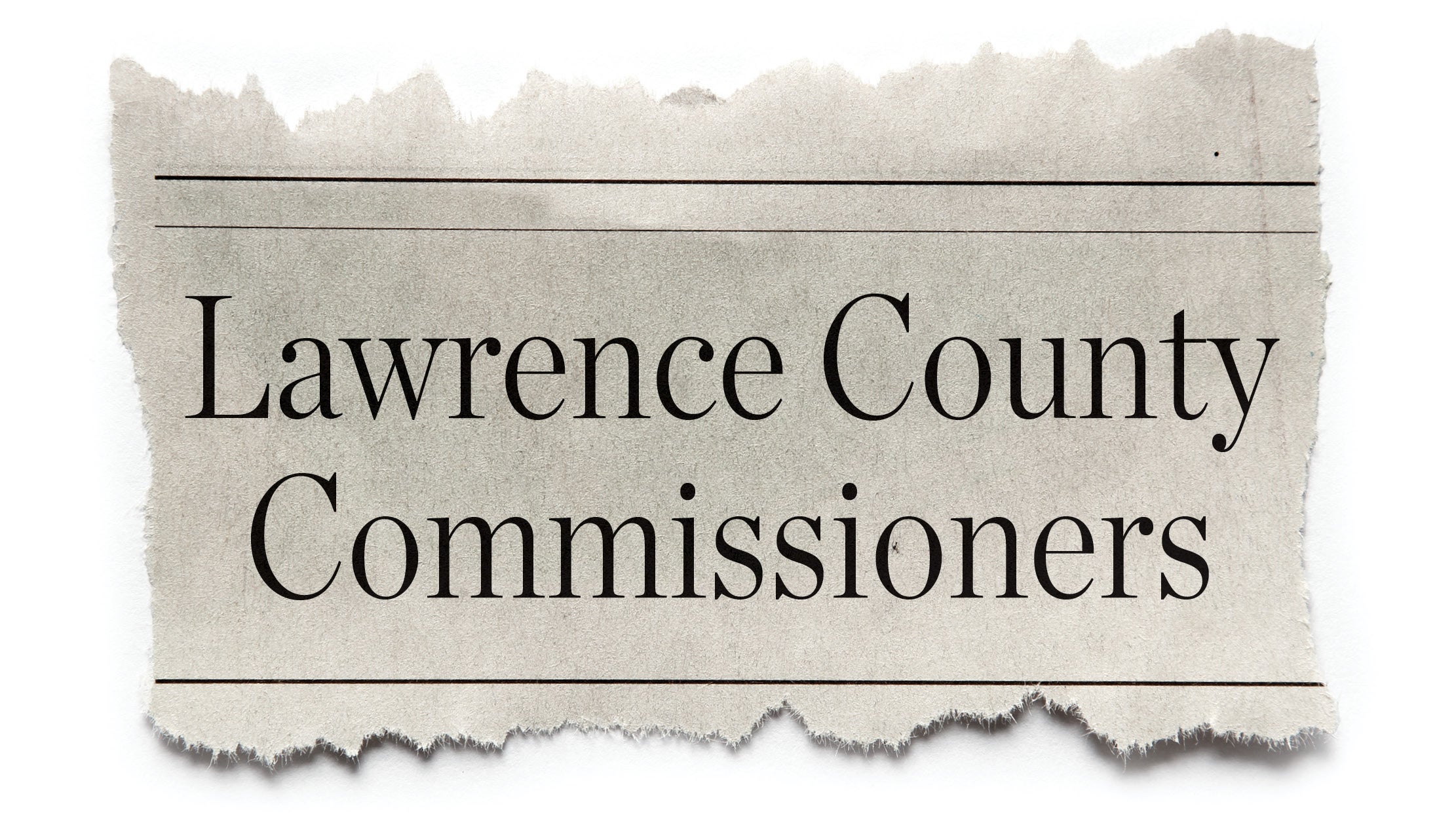Help can be call away
Published 9:40 am Wednesday, June 12, 2013
SOUTH POINT — If you’ve ever had a house fire, chances are you or a neighbor called 911 to report it.
But whom do you call the day after the fire when you need to start picking up the pieces?
A new call service, launched Tuesday by the United Way of the River Cities and other partners, encourages people to dial 211 to find out what resources are available to them in a variety of situations.
“We are that portal through which anyone can get information and help when they need it,” said Steve Wertheim, executive director of United Way of Greater Cleveland.
Laura Gilliam, executive director of United Way River Cities, said the 211 call system was much needed for Lawrence County.
“We repeatedly realized there was a need for a centralized resource and referral system,” Gilliam said. “There are pockets of information but no one central location.”
After about a year of planning, Lawrence County became the 59th county in Ohio to implement the system.
The Cleveland UW compiled the database for Lawrence County, which runs the gambit from information on local social agencies, food pantries, physical and mental health services, childcare programs to crisis or disaster recovery.
“The most important thing that 211 is, it’s an easy to remember number where you can call 24 hours a day, seven days a week, 365 days a year,” Wertheim said. “You will get someone on the other end of that phone who is there to link you to health and human services. I think that’s the key.”
In addition to providing the public with an easy way to access much needed information, the call system aims to alleviate unnecessary calls to emergency agencies.
“Studies have shown, counties that don’t have 211, one person can make between 10 to 14 phone calls to find that one service that they are looking for,” said Nick Roman, director of 211 and special projects with the Ohio United Way. “With 211 you can find hundreds of services with just one phone call.”
Lonnie Best, director of Lawrence County’s 911, said the new service would especially benefit his office.
“911 looks at 211 as a great addition to Lawrence County. Especially during periods of emergencies, we get high volumes of calls basically because people have no one else to call,” Best said.
Best said people have called 911 to report non-emergencies like power or phone outages or even a home health aide not showing up for an appointment.
“I look at this great addition as, when utility lines is down, they will be able to call 211 to get the number to call, instead of calling 911, tying our lines up,” Best said. “Because that high call volume may cost somebody their life.”
A start-up grant of $40,000 from the Ohio Department of Job and Family Services will cover costs for the program’s first year.
Gilliam said the program will cost $30,000 each year for the next two years and the River Cities UW is actively fundraising.
“St. Mary’s Medical Center has already committed some funding. United Way (of the River Cities) has committed some. The (Greater Lawrence County) Chamber has committed some,” Gilliam said. “We’ve got some of the money but we are going to continue to look at some of the area businesses, some other organizations and some foundation funding as well.”
In addition to the call system, people can access the county’s list of services through a website — www.211lawrence.org.
What you can find through 211:
• Basic human services: food, clothing, shelter, rental assistance, utility assistance
• Physical and mental health resources: medical information lines, crisis intervention, support groups, counseling, drug and alcohol treatment, Medicaid/Medicare, maternal health, children’s health, insurance
• Employment support services: unemployment benefits, financial assistance, job training, transportation assistance, education programs
• Support for seniors and persons with disabilities: home health care, adult day care, meal services, respite care, transportation, homemaker services
• Programs for children, youth, families: childcare, after school programs, Head Start, recreation programs, mentoring, tutoring, protective services
• Volunteer opportunities and donations
• Support for community crisis or disaster recovery



